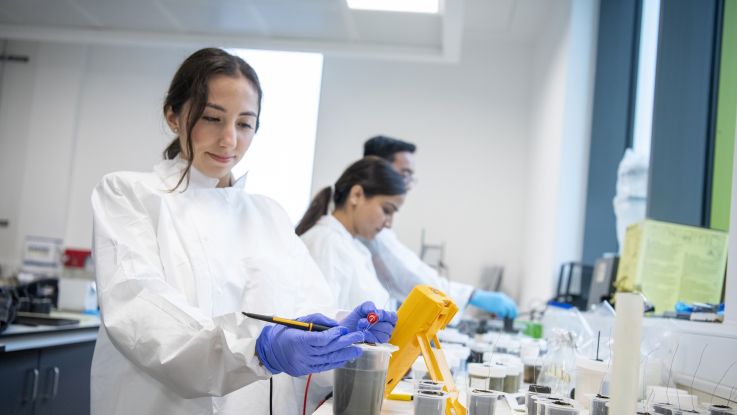

Focusing on people
No employer began this year expecting to deal with the trials and tribulations of a pandemic. Although a common term in other countries, hardly anyone in the UK had even heard of furloughing, let alone implementing such a scheme. Now, as increasing numbers of businesses are given the green light to return to work, challenges around staff management are far from ebbing away. In fact, personnel issues are mounting for already stretched and stressed managers.
We were enormously grateful, therefore, to Stephanie Barnett, Managing Director of Pure Human Resources, who delivered an eye-opening presentation called Getting Back To Work: What Employers Need To Do Now! as part of our Lunch & Learn webinar series.
Stephanie’s suggested focus areas for business owners presently, are:
- Navigating through changes to the furlough scheme as it morphs and ultimately ceases in October. On this, she highlighted how social distancing requirements are creating challenges around shift patterns, for example, which need to be carefully consulted upon if changes to working patterns are necessary.
- Calculating holiday entitlement accurately. This is particularly important given the wide-ranging situations that staff have been placed in this year and considering environments where employees have been required to sacrifice contractual holiday and bank holiday entitlements during periods of shutdown.
- Re-engaging staff, recognising that business owners and staff often have quite different perspectives. Stephanie said that this was all about ‘winning hearts and minds’ and clear communication (remembering that no-one ever feels that they have had sufficient communication at work!). She urged time-strapped business owners to consider enrolling their team on an Employee Assistance Programme: this cost effective, independent support can be a wellbeing lifeline for employees, while enabling managers to stay focused on other operational matters.
- Staying health and safety at work legislation compliant while embracing new ways of working. Risk assessments and display screen assessments to guard against claims for back and neck problems, for example, are as important when working from home as they are in an office set-up. From a productivity viewpoint, there are a variety of cloud-based systems that enable businesses to monitor outputs and objectives.
- Increasing focus on mental health. Although there is now far greater openness around mental health issues, Stephanie expects that issues like acute stress and anxiety will become a greater challenge for employers going forward. She put an emphasis on looking for visible cues that signal that someone may be beginning to struggle and also suggested that mental health first aid training in the workplace is a good investment now.
- Getting up to speed on new employment law, noting that several changes came into effect on 6th April, but these have gone largely unnoticed. These changes include the introduction of parental bereavement leave and pay, the requirement for an employment contract on day one of employment, how working hours and entitlements to leave are calculated, including benefits and training in terms of business employment and also changes to the rights of agency workers.
- Rightsizing right. Stephanie revealed that where companies typically go wrong when considering a restructure is a lack of planning from a personnel perspective. She went on to cover the practical matters of selection criteria, consultation periods and calculating redundancy and notice pay. She called on business owners to remember that the way you go about it is critical – ‘people will forget what you said and how you said it but they won’t forget how they felt.’
- Managing the risk of further disruption by considering the working environment. While the government has created business sector-specific guides and the requirements for sanitisation and PPE provisions are well laid out, individual workplace assessments are advised to uncover any special provisions that may be needed. Posting this risk assessment on the business’s website is a public demonstration of its commitment to creating a Covid-19 secure workplace.
- Dealing empathetically with reluctant returners and inherent issues around attendance, absenteeism and presenteeism. Recognising that the challenges that people face are incredibly varied depending on their personal circumstances, employers must be reasonable and make every attempt to understand people’s situations. Stephanie said it was crucial to keep meeting and reviewing matters with staff to gain their independent consent and, critically, to keep documentary evidence of this engagement. Reaching out to independent Occupational Health teams can pay dividends here.
Reflecting on the session, Southampton Science Park’s Jane Holt commented: “The sheer extent of staff-related considerations is quite mindboggling especially when circumstances are fast moving and so unique to the companies and individuals concerned. We are incredibly grateful to Stephanie and her team for helping us to understand how to approach the mammoth task of getting a business back up and running with the best chance of a full recovery.”
For detailed practical advice, visit www.purehumanresources.co.uk or call 01794 329470















































































